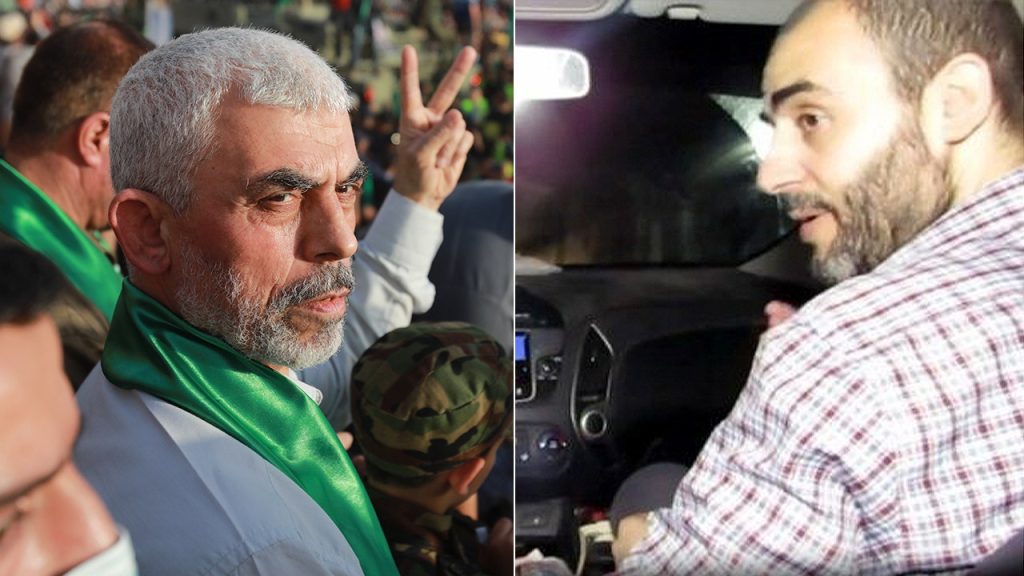Israeli officials are reportedly expecting Mohammed Sinwar, the younger brother of former Hamas leader Yahya Sinwar, to potentially take over as the next head of the terrorist organization in the Gaza Strip. Mohammed Sinwar, born in 1975, has close ties to Hamas officials and has been involved in the group’s military buildup for the past 25 years. Israeli security officials believe he may be even more ruthless than his brother, directly involved in interrogations and deaths in an attempt to learn more about Israel’s security operations.
While there are concerns over Mohammed Sinwar’s leadership, U.S. Secretary of Defense Lloyd Austin sees the death of Yahya Sinwar as an opportunity to achieve a lasting ceasefire. However, Hamas has stated that hostages will not be exchanged until Israel halts its offensive. Israeli reports suggest that the threat from Hamas will not be eliminated until the group’s hierarchical structure is dismantled, indicating that the organization continues to pose a significant threat despite potential leadership changes.
In addition to Mohammed Sinwar, other top Hamas officials remain key players in the organization. Khalil Al-Hayya, who was involved in ceasefire talks between Hamas and Israel, served as Yahya Sinwar’s deputy and is considered a major player. Khaled Meshaal, a former Hamas leader residing in Qatar, was also potentially under consideration for a leadership role following the killing of Ismail Haniyeh in July. Mahmoud al-Zahar, a senior official and founder of Hamas, was also assessed as a potential candidate for the top job.
Mahmoud Shabana, a veteran Hamas commander, heads a battalion in Rafah and played a significant role in developing tunnels used to attack Israel in 2006. Several other top Hamas officials have been detailed, though their whereabouts and status have not been officially confirmed. The presence of these individuals in key roles within the organization suggests that Hamas will continue to pose a threat even with potential changes in leadership.
Overall, the potential succession of Mohammed Sinwar as the next Hamas leader raises concerns over increased ruthlessness and continued threats from the terrorist organization. While there is optimism from some international officials about the possibility of achieving a lasting ceasefire, the ongoing conflict and presence of other key Hamas officials indicate that the situation in Gaza remains volatile and complex. Efforts to dismantle the hierarchical structure of Hamas and address the underlying issues driving the conflict will be critical in achieving long-term peace and stability in the region.


